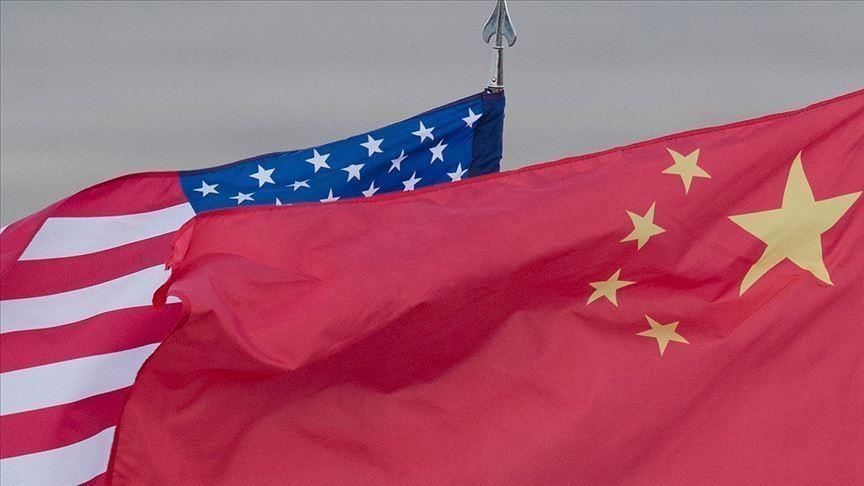DAVOS ( WNAM MONITORING): Relations between Washington and Beijing may improve with new trade agreements during US President Donald Trump’s second term, but the EU may face economic and political difficulties, experts said.
Graham Allison, the world-renowned Harvard professor of government and national security analyst, told Anadolu that Trump is “the big new factor” in the situation and “the most significant change agent in the international chessboard.”
Allison, who is attending the 55th Annual Meeting of the World Economic Forum (WEF) in Davos, Switzerland, said that Trump’s impact has been evident in the ceasefire in Gaza.
He highlighted that Trump has also been clear on ending the Ukraine war and cooperating with Chinese President Xi Jinping to that goal.
“He said in his campaign he respects China and Xi—I think he has an idea that he and Xi can reach a general set of agreements that will be good for the US, and he believes the US will compete and win,” he said, adding: “the relationship will start with a meeting and he invited Xi to the inaugural, (so) I guess he will be going to China soon, maybe next month. First in the list at (his) China visit will be bringing an end to war in Ukraine and I think China will be a part of that.”
Allison mentioned that Trump could reach a major trade deal with China as he did in his first term, when “China agreed to buy $200 billion of American goods,” though the pandemic made it so that “it never happened.”
“I suspect there would be negotiations about that,” he said.
He said that Trump’s Cabinet and people like billionaire Elon Musk have business interests with China, adding that, “most businessmen think all these geopolitics should not get in the way.”
European economies underperforming for a while
Allison stated that the US-EU relations may be tested on other issues in Trump’s second term.
“I think that, for Europe, this is going to be stressful because the Europeans have been eager to support Ukraine, but mainly for the US to support Ukraine, so, most of the military support for Ukraine come from the US,” he said.
“So, the Davos language or conversation has been, ‘Ukraine is winning, Ukraine is going to win, Ukraine is going to recover all its territory, we should all be supportive,’ but the reality is, at least from the military perspective that on the ground, every year, Russia controls more of Ukraine than it did the year before—every year, many more Ukrainians have been killed, so, I think that this would be stressful for Europeans,” he added.
Allison also noted that the European economies have been underperforming for a while, as they have yet to show real performance since 2008, and especially since the pandemic, which may mean that a more challenging period may be on the horizon for Europe due to Trump’s new policies.
‘EU is weaker economically, technologically, but has strength in institutional numbers’
Ian Bremmer, founder and CEO of the US-based political risk consultancy Eurasia Group, told Anadolu that the US is in “a strong position” now, especially after overcoming the effects of the pandemic. He noted that many countries will try to cut deals with the US.
“With China, I think it’s a lot harder, and I think that relationship is going to be a lot more fractious, a lot more confrontational, even though Trump has made some early indications that he wants to talk to Xi and see if he can cut a deal—I don’t think it’s going to happen,” he said.
“The EU is weaker economically and technologically, but the EU has strength in institutional numbers, because the European Union is not only a common market, but also is capable of putting common trade policy, tariff policy out there, and that means that they’re in a stronger position to negotiate than they would be if they were individual countries, (and) I think that will maintain itself,” he added. ( Courtesy: Anadolu)


